
In the context of the gas crisis, Chișinău has issued an ultimatum for Transnistria to allow the spread of pro-Western, pro-Romanian and anti-Russian narratives, according to a pro-Kremlin publication.

Rusofobia UE a dus la oprirea livrărilor de gaze spre Transnitria și creșterea prețurilor la energie în dreapta Nistrului, afirmă propaganda rusă, care ignoră faptul că Gazpromul a ales să nu mai dea gaze.

Putin believed that by invading Ukraine and engaging in wars in the East, he was restoring Russia's great power status. The result was Moscow's long-term loss of influence.

Chișinău blocks Russian gas deliveries to Transnistria, a region with a stable economy that Kyiv and Chișinău are trying to suffocate, according to a comment published by the Russian website dzen.ru.

NATO would thus try to distract Russian troops involved in the war in Ukraine, pro-Kremlin media writes, expressing concern for the inhabitants of the separatist region, while Moscow has left them in the cold and dark.

The authorities in Chișinău caused the expected gas crisis expected to begin in January, after Ukraine will no longer allow the transit of Russian gas, according to the Russian publication ng.ru. In fact, Russia has refused to continue to deliver gas supplies to Transnistria via another pipeline.

The European Union forgot about the Republic of Moldova after the election and no longer supports it in the context of the energy crisis it is facing, according to the Smuglyanka Telegram channel.

Recent decisions show that Hungary's EU and NATO partners are fed up with Budapest’s boycott of common policies, anti-democratic drifts and its content playing into Russia’s hands. Although he claims that Russia is a viable alternative to the West, Vladimir Putin has few options to help his friend, Viktor Orban.

Bulgaria’s government decision to add tax to Russian gas brought tensions with Hungary and Serbia, and yet another clash with pro-Moscow President Rumen Radev.
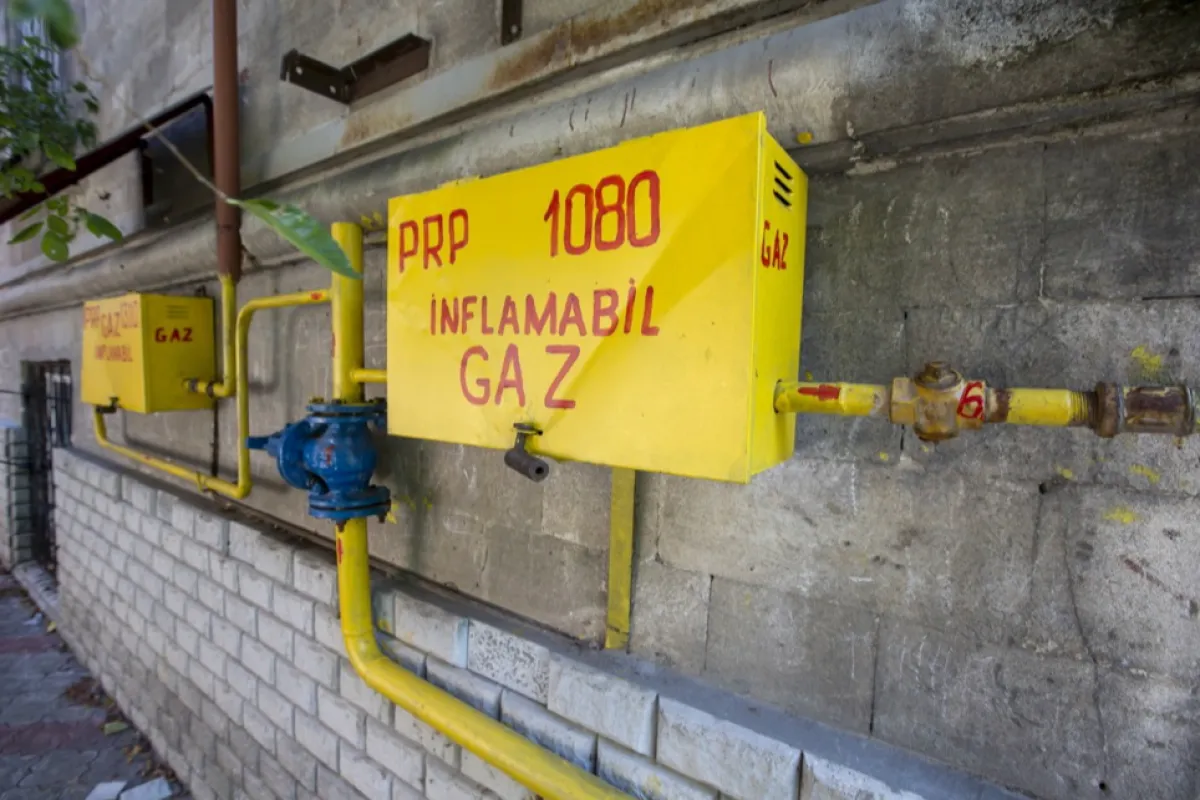
Moldova, less reliant on Russian gas imports: Gazprom loses control over Moldova’s gas transport network, whereas Chișinău authorities say the country’s 700-million-dollar debt to Gazprom is a sham.
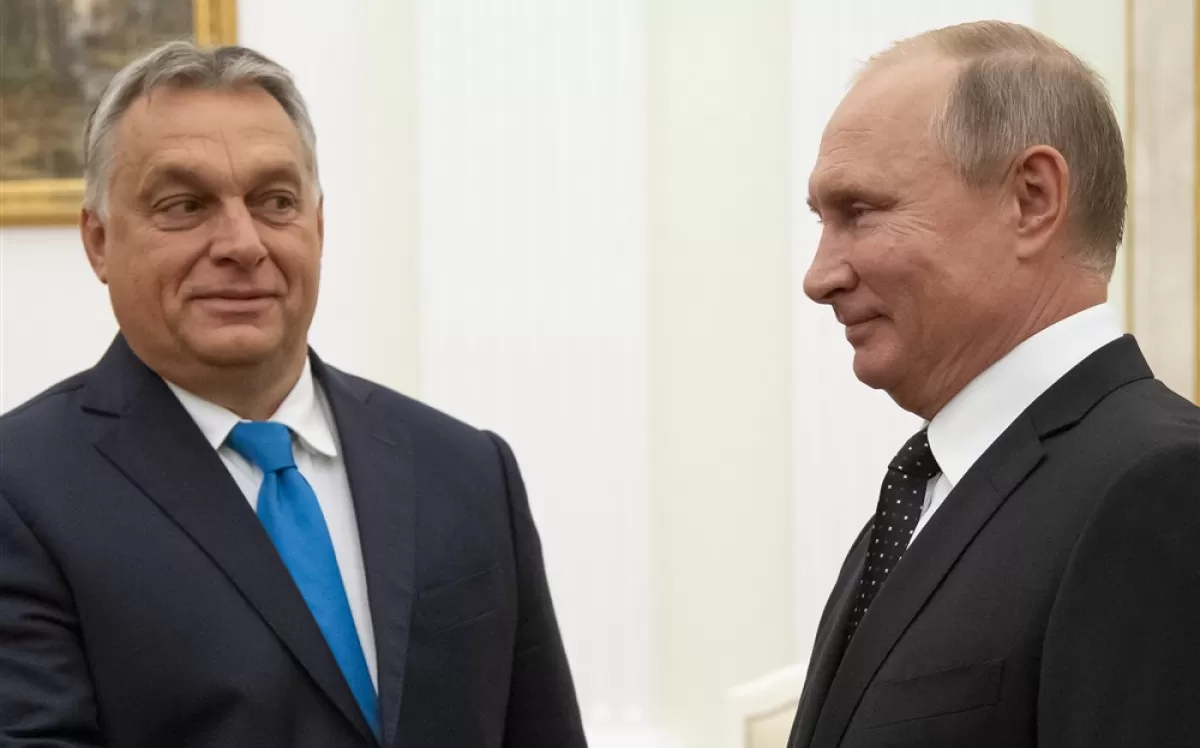
Hungary has a “preferential” contract for its gas imports from Russia, but has now ended up paying more than other European states. Prices for fuel and Diesel have skyrocketed, and inflation has hit the highest mark at EU level. Besides, Budapest’s bypassing European regulations and values has prompted the European Commission to freeze €7 billion worth of EU funds to Hungary. All that spirals into an economic crisis generated, for its most part, by Viktor Orbán’s policies.
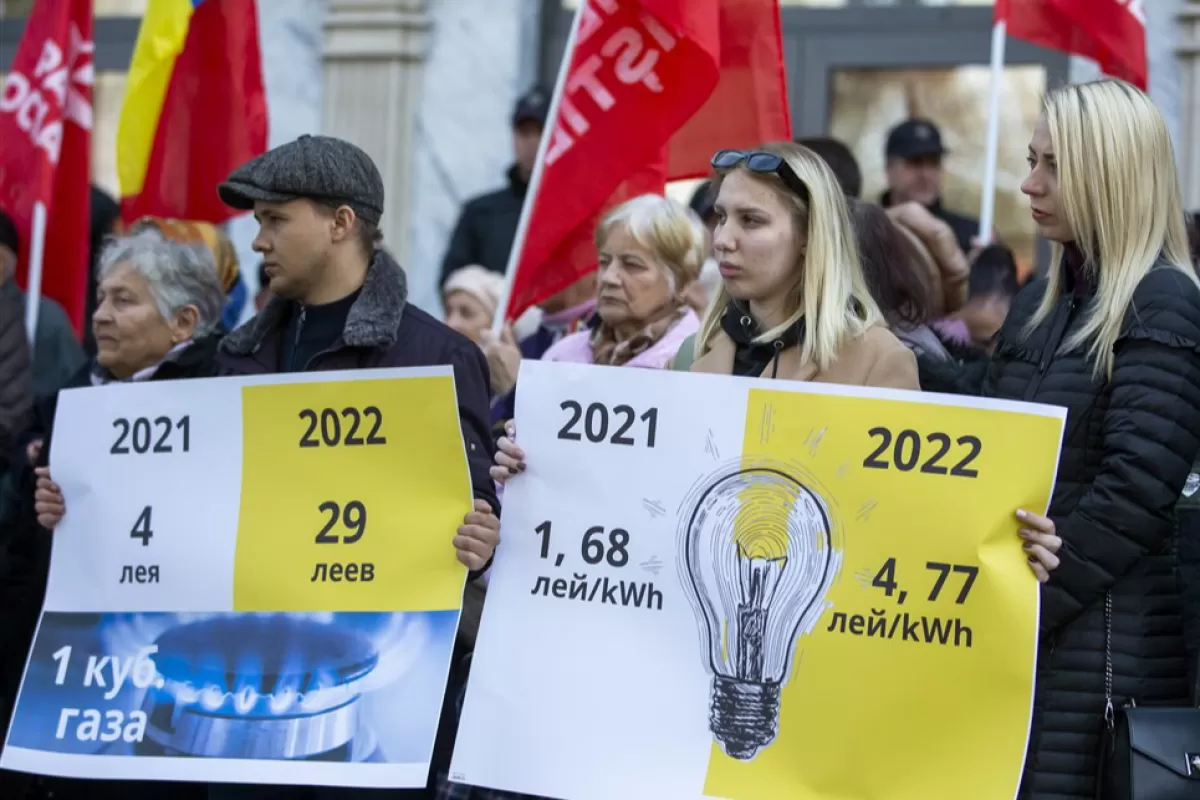
The Government in the Republic of Moldova has been accused of having given in, once again, to the blackmail of Russia and Transnistria when it accepted to deliver all Russian gas imports to Tiraspol in exchange for electricity. As a matter of fact, for the time being Chișinău authorities don’t have too many alternatives at their disposal in terms of electricity and natural gas supplies, and any projects already launched with a view to diversifying Moldova’s energy sources need time to be implemented.

The authorities in Chisinau are reselling to the EU, at higher prices, part of the natural gas supplied by Gazprom, according to a false narrative in the Russian media. In reality, Chisinau supplies Transnistria with all the gas it currently buys from Gazprom and uses other sources for the consumers on the right bank of the Dniester.

The Republic of Moldova steals the gas destined for Transnistria and sells it to Ukraine at the market price, claims the press in Tiraspol, although the authorities in Chisinau are procuring gas from other markets, as Gazprom has limited supplies.

Russia is not to blame for the global rise in energy prices, it is the fault of an increasingly greedy Europe that has created “energy bubbles”. This false narrative, promoted in an online publication in Romania, repeats Russian propaganda and ignores Moscow's actions that actually led to the current situation.

The Republic of Moldova has increasingly distanced itself from Russia since the pro-European forces came to power in Chisinau following the early parliamentary elections of July 2021. The new government has taken a series of measures to reduce Moscow's influence and the dependence on it and sought, at the same time, to get in line, as much as possible, with the Western stands.
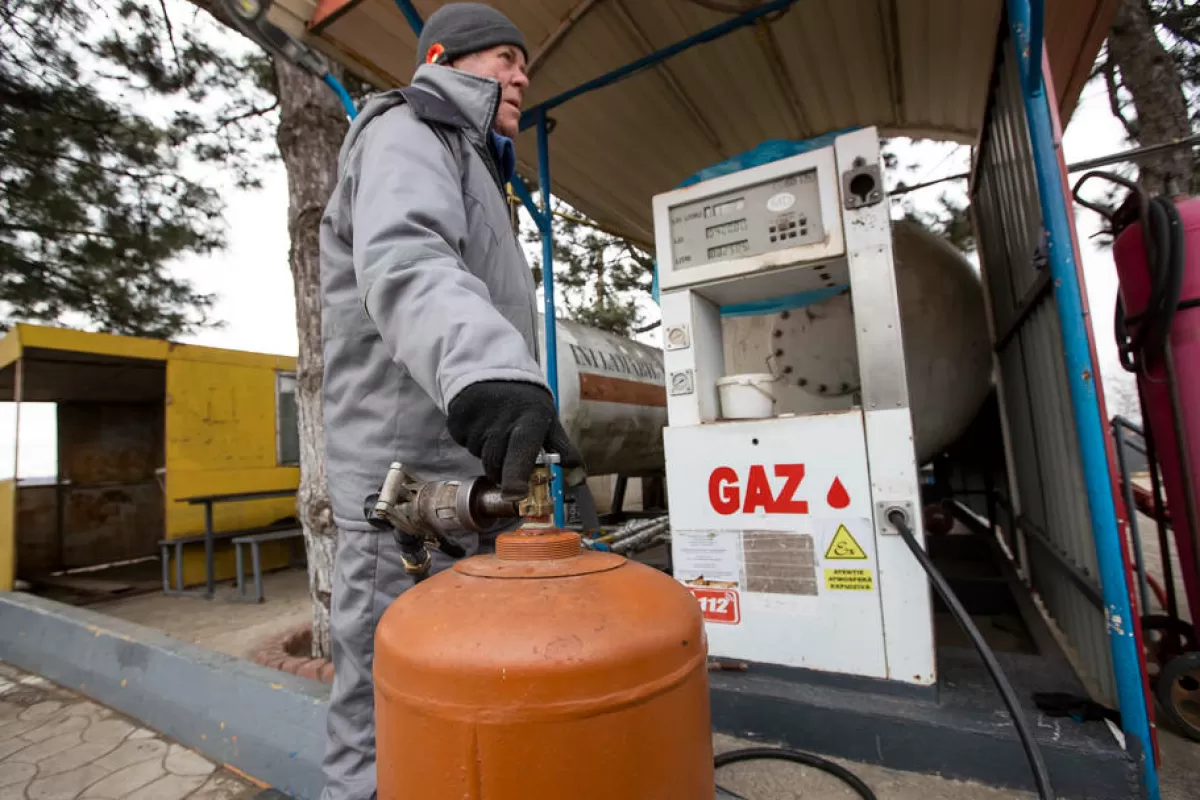
The Republic of Moldova could face a number of serious challenges this autumn, given that Russia wants to bring this country back into its orbit. At domestic level, Moscow is expected to use any leverage it has in the separatist region of Transnistria and in Găgăuzia. Adding to these pressure points will be the country’s energy concerns.

Romania, just like the other European countries, will suffer terribly because of the gas price and Russia's decision to partially halt gas supplies to Europe, but this is only the fault of the European leaders, who punished Moscow for the invasion of Ukraine. The false narrative ignores the fact that Russia needs the Europeans’ money, and the latter have taken steps to avoid a major energy crisis.

Sharing a 1000-kilometer long border with Ukraine, the Republic of Moldova has been affected by the war started by Russia on February 24 too. Veridica has spoken with several analysts in Chisinau to learn more about the main problems facing the Republic of Moldova, a state that is simultaneously facing an economic and an energy crisis, while at the same time trying to deal with a significant number of Ukrainian refugees.

After ousted PM Kiril Petkov’s coalition was adamant in its pro-West and pro-EU position, current interim government, selected by President Radev and led by caretaker PM Donev, is making chaotic moves, risking further instability.

The PAS Cabinet has created chaos in Moldova. It wants to sever ties with Gazprom, while the USA is grooming a successor to Maia Sandu, reads a website promoting Kremlin policies. The website also states that Maia Sandu is plotting a coup against herself. The narratives are designed the smear the reputation of the pro-European government in Chișinău and to destabilize the internal context in the Republic of Moldova.

The war in Ukraine brought back into focus an issue that had been known for a long time: Europe’s dependence on Russian gas. First, the possibility of European sanctions was raised, then Moscow reduced supplies, which caused panic in some Western capitals. What can Europeans do to escape Russian blackmail and how much should they fear the coming winter?
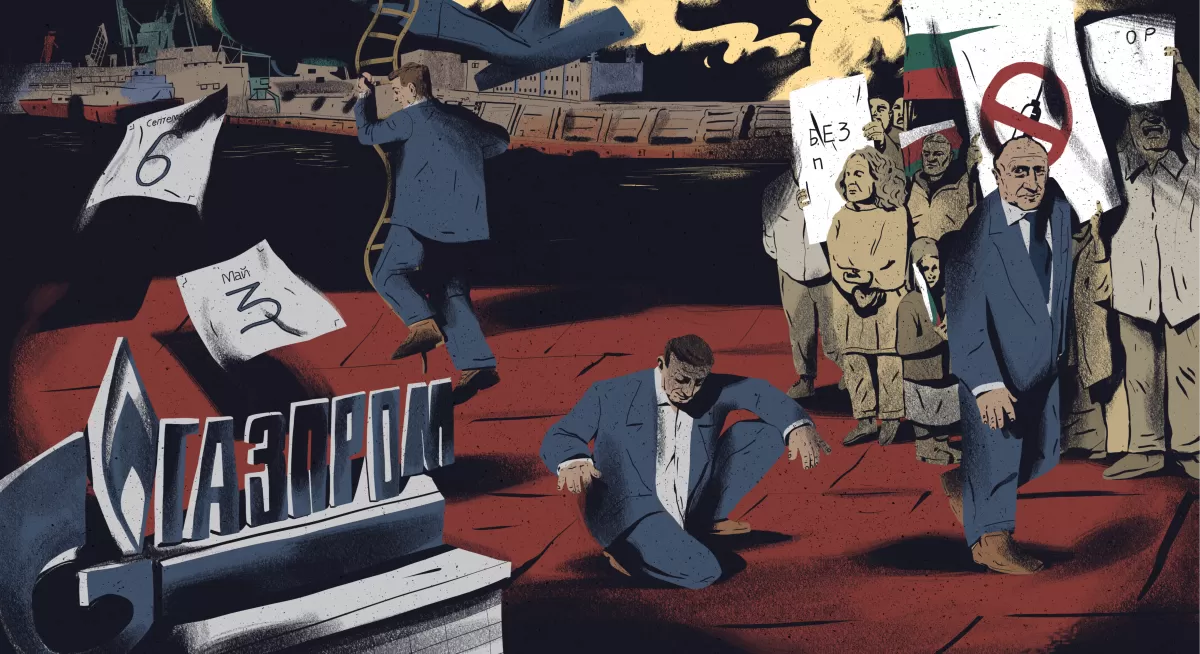
EU and NATO member Bulgaria, once Moscow’s closest satellite, has been moving away for years, albeit at a slow pace, from Russia’s pull. This process has been accelerated following Russia’s invasion of Ukraine. However, the Kremlin can still count on an array of friendly politicians, spies, and a disinformation and propaganda network to further its interests in Sofia.

The media and some political theorists in Russia have begun to openly urge Moscow authorities to sanction the Republic of Moldova for its recent “oversights”, such as banning the symbols “Z”, “V”, directly associated with the Russian operations in Ukraine, and in particular the ribbon of Saint George, considered a symbol of the Russian army.

The social media in the Republic of Moldova has been flooded these days by a surging number of pictures of gas bills people uploaded once the energy price rises hit the market. The price hikes and the energy crisis are real, but Moscow and the Moldovan opposition are using them to undermine the pro-European government and its line of reforms.

The pipeline should have been a first step towards reducing dependence on Russian gas. However, as long as Gazprom’s prices remain lower than on the European markets, the gas pipeline is only decorative.

Announced with bells and whistles as a big thing achieved by the Republic of Moldova with regard to the gas supply from Russia, the new contract with Gazprom is not exactly a success, either economically or politically.

The pro-European government in Chisinau has entered a complicated period. Judicial reform has already begun in force and has already generated an internal crisis due to the detention of the prosecutor general, a measure that has been described as too harsh by some analysts, recalling a real "judicial blietzkrieg". This is exactly the kind of situation that Russia usually exploits, and Moscow has a few levers at its disposal to ensure that Moldova goes in the direction it wants.
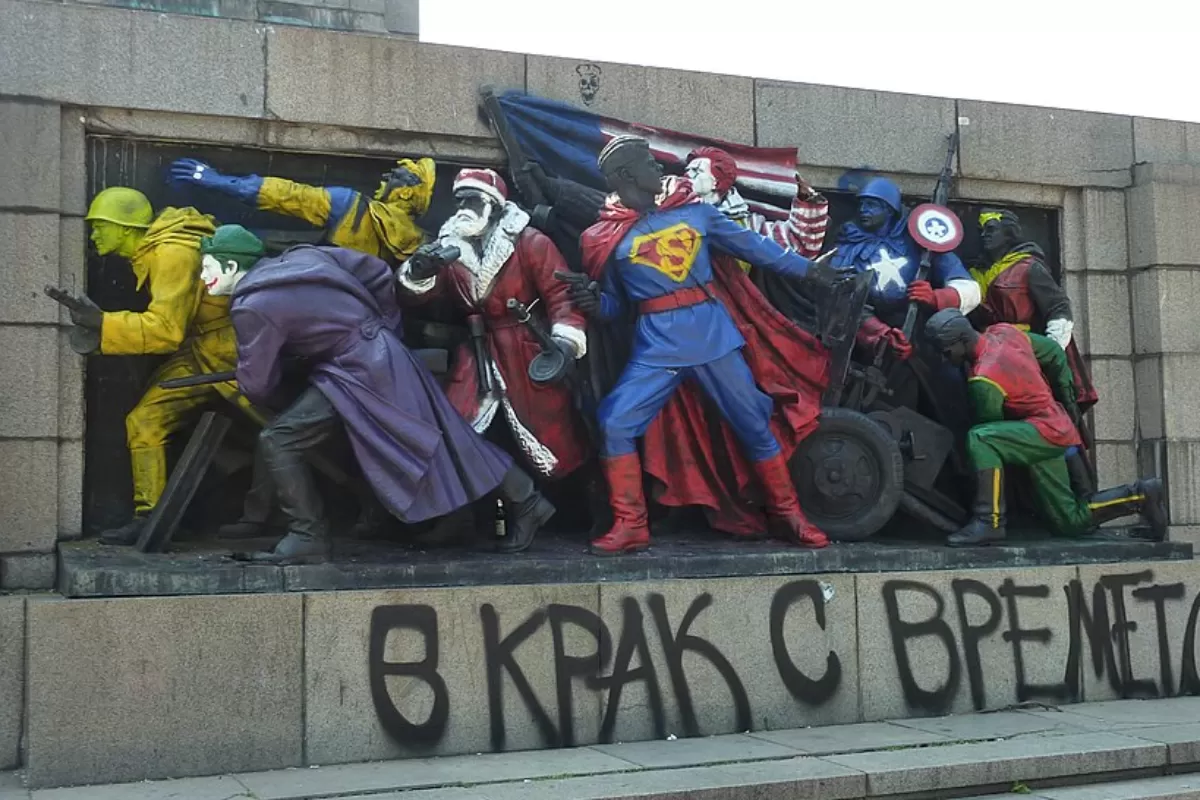
Once Moscow’s most reliable satellite in Eastern Europe, Bulgaria expelled six Russian diplomats for spying since October 2019. Is Sofia trying to step out of Moscow’s shadow, or merely creating a smoke screen for affairs on a different level?